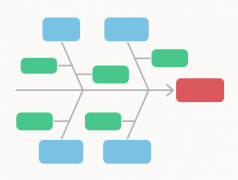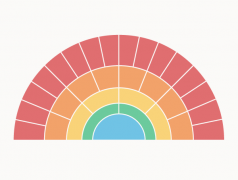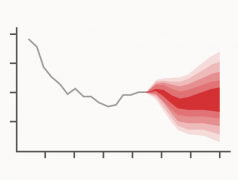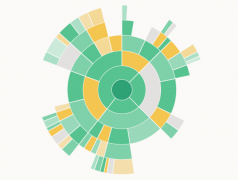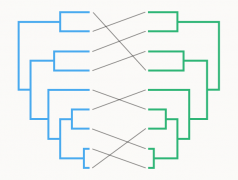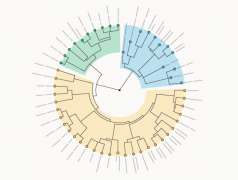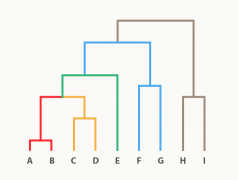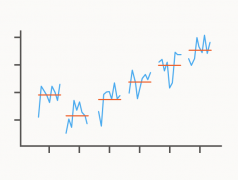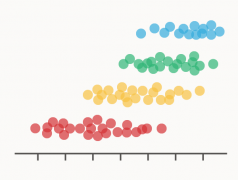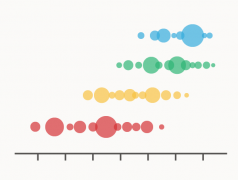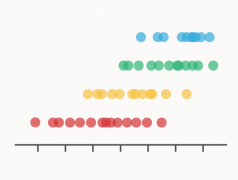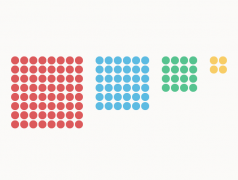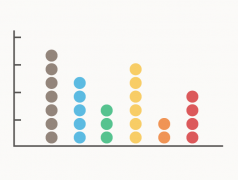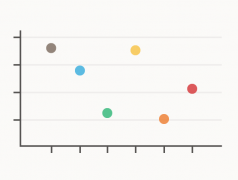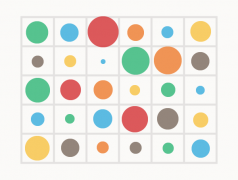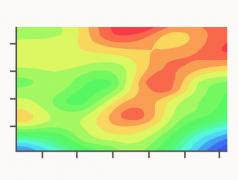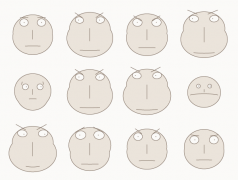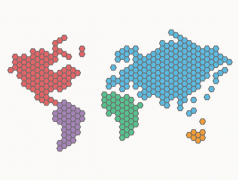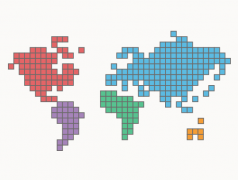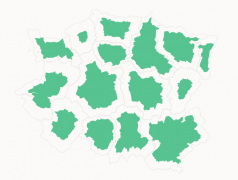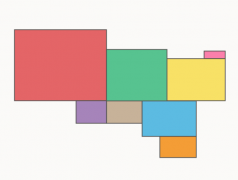A visual tool used to systematically explore the potential causes of a problem or effect.
Chart Types
Posts related to my documented research into the different charts types that I’ve discovered.
While I’m no longer updating the main page with new visualization methods, I’m still continuing to research into different chart types, which you can find in these posts below.
A diagram that visualises a hierarchical tree structure using a semi-circle format.
A visualisation tool used in time series analysis to display forecasts and associated uncertainties.
A chart that attempts to answer ‘what is this document about?’ through visualising the text-based content.
A chart with two Dendrograms displayed side-by-side to show the concordance between two sets of hierarchical clustering.
A variation of a Dendrogram that visualises hierarchical clustering on a polar layout.
A variation of a Tree Diagram that illustrates the arrangement of clusters formed by hierarchical clustering.
A Graph used to visualise and analyse seasonal patterns within time series data.
This graph provides a better view of overlapping data points by randomly jittering their position.
A variation of the Strip Plot / Dot Distribution Plot that plots circles of varying area size.
A plot that visualises the data distribution across multiple categories by plotting dots.
An axes-less variation of a Dot Plot/Unit Chart that organises units into groups to display quantities between categories.
Visualisations that use dots or shapes to plot data points along a value scale.
A simple visualisation that plots dots to compare the values of a variable across multiple categories.
A tabular form of data visualisation used for cross-examining multivariate data.
A visualisation method used to represent a 3D plotted surface onto a 2D graph.
A chart used to visualise multivariate data by assigning each variable to facial feature, which changes in proportion to the data values.
A variation of the Mosaic Cartogram that uses hexagons instead of squares to make up regions.
A data map where the regions are made up of square tiles, resembling a piece of mosaic art.
A type of Cartogram where the regions are resized based on a numerical variable, while borders’ shapes are preserved and not connected.
A Cartogram variation where the regions are represented with rectangles sized in proportion to their values.
